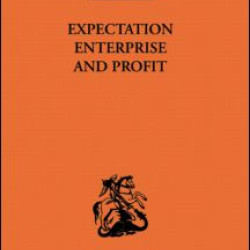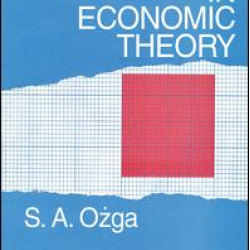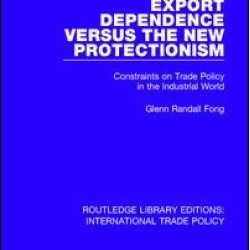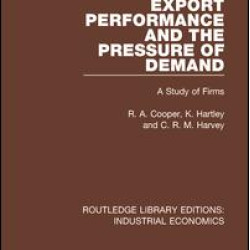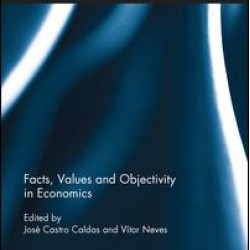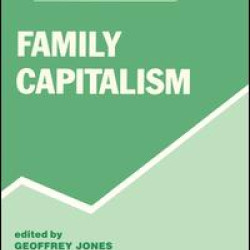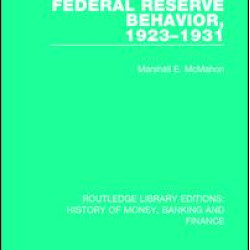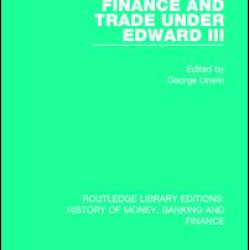Economics
Brand: Taylor & Francis
Model: 9780415436502
This volume studies the production process, where resources must be committed to specific technological purposes long in advance of the ultimate sale of goods to the consumer...
₹2,643.10 ₹3,303.88
Brand: Taylor & Francis
Model: 9780415314008
Part 1 examines the issue of Expenditure Tax in principle and Part 2 examines the issue of Expenditure Tax in practice, asking whether personal expenditure tax is practicable and putting forward a proposal for Surtax Reform...
₹12,117.60 ₹15,146.99
Brand: Taylor & Francis
Model: Stock
This study, first published in 1996, examines what may be a fundamental constraint on trade protectionism today: the reliance of industrialised countries on external trade relations, and especially on markets within the industrial world...
₹7,711.20 ₹9,639.00
Brand: Taylor & Francis
Model: Stock
This book, first published in 1970, analyses the factors affecting the export performance of selected firms from particular UK industries in the period 1958-66. The study was designed to test at the level of the firm and industry the hypothesis that, in the short run, variations in exports are a fun..
₹6,902.62 ₹8,628.28
Brand: Taylor & Francis
Model: 9780415269285
The impact of technological change on the wider economy, especially its impact on economic growth, has been one of the key themes in the transition from the industrial age to the information age...
₹17,258.39 ₹21,572.99
Brand: Taylor & Francis
Model: Stock
First Published in 1968. Routledge is an imprint of Taylor & Francis, an informa company...
₹2,643.10 ₹3,303.88
Brand: Taylor & Francis
Model: Stock
In the light of questions about the state and responsibility in the wake of the financial crisis, the debate on value-neutrality and objectivity has again come to the fore. This volume brings together economists, sociologists and philosophers, to explore the key issues involved in this debate...
₹3,083.74 ₹3,854.68
Brand: Taylor & Francis
Model: Stock
First Published in 1994. Routledge is an imprint of Taylor & Francis, an informa company...
₹2,643.10 ₹3,303.88
Brand: Taylor & Francis
Model: Stock
The Federal Reserve System has been widely criticised for its response to the economic and financial problems of 1928-1933. This book, first published in 1993, carries out an in-depth statistical analysis of the relevant data supporting the various theories surrounding the Fed’s behaviour, and is a ..
₹6,902.62 ₹8,628.28
Brand: Taylor & Francis
Model: 9780415459211
A volume which represents a uniquely thorough investigation of trade and financial policy as it impacts upon Third World development. Case studies backed by thematic discussion chapters give this text an important analytic content...
₹2,643.10 ₹3,303.88
Brand: Taylor & Francis
Model: Stock
These important essays, first published in 1918, consider the various economic aspects of the reign of Edward III. They support George Unwin’s contention that the measures of the king and parliament were mainly opportunist rather than the expression of a definite financial policy...
₹7,711.20 ₹9,639.00


